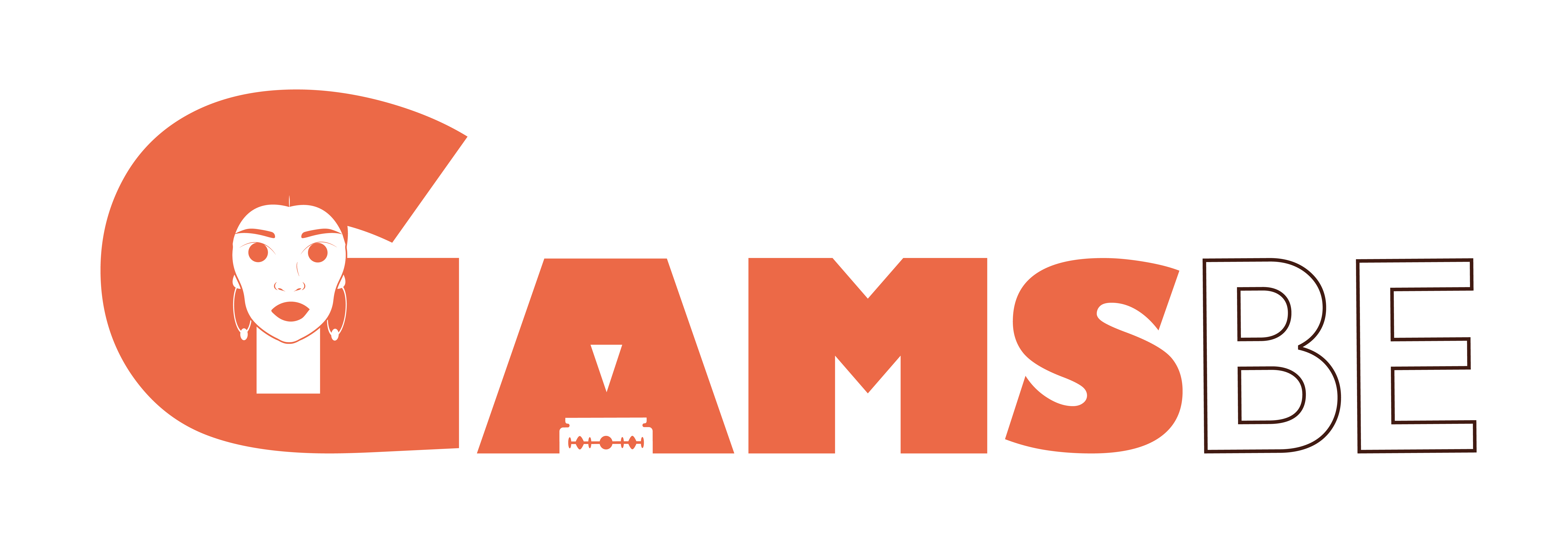UNION EUROPÉENNE
Ouvrir la voie à une politique centré sur l’égalité
Nous sommes fiers de rejoindre 143 organisations de la société civile pour demander une concentration accrue sur l’égalité et la non-discrimination dans l’agenda 2024-2029 de l’UE. Alors que l’UE planifie ses cinq prochaines années, il est crucial de prioriser et de renforcer les progrès réalisés par l’initiative « Union de l’Égalité ».

Texte original en anglais
Paving the Way for an Equality-Centred Policy Cycle
The European Union was founded on the principles of equality and non-discrimination. Yet too many people continue to face discrimination and inequality across the Union, including intersectional and multiple forms of discrimination in all aspects of their lives.[1] In the current climate, it is now imperative that the EU institutions strengthen their resolve to take meaningful and urgent action to address this reality.
As European Union leaders decide on their priorities for the 2024-2029 cycle, we call on them to ensure that equality and non-discrimination are included as central priorities in the EU work programme for the next five years. Only by centring equality and protection from discrimination in this way can the EU truly respond to the key concerns of people living in the Union.
The equality and non-discrimination agenda was afforded increased visibility and action during the last five years as a result of the ambitious “Union of Equality” agenda and the appointment of the first Commissioner for Equality. This led to unprecedented progress in efforts to advance equality and non-discrimination across EU policy making. Progress included the adoption of important initiatives such as the Directive on violence against women, inaugural Gender Equality and LGBTIQ Equality Strategies, an Anti-Racism Action Plan, a Green Paper on Ageing, an Action Plan on Integration and Inclusion, a Strategy to strengthen the application of the Charter of Fundamental Rights in the EU, as well as the renewal of the Strategy for the Rights of Persons with Disabilities and the EU Roma strategic framework.
At this critical juncture, it is vital that the EU continue to prioritize efforts to guarantee the founding values of equality and non-discrimination, to advance the entire package which comprises the Union of Equality, and to ensure an intersectional approach to this agenda. Failure to do so would seriously jeopardise progress in this area and mark a very dangerous step backward.
To this end we call on EU leadership to take the following steps:
- Appoint a Commissioner for Equality and Fundamental Rights, ensuring the mandate has the power to renew and deepen the Union of Equality agenda and nominating a candidate with a demonstrated commitment to equality;
- Strengthen the Union of Equality agenda by introducing new strategies to address grounds not already covered, mainstreaming all strategies across policy areas and renewing and building-out existing equality strategies, such as the Gender Equality Strategy, LGBTIQ Equality Strategy, the EU Anti-Racism Action Plan, the Action Plan on Integration and Inclusion, the EU Strategy on the rights of persons with disabilities and the Roma strategic framework;
- Ensure the next EU budget includes robust funding streams for civil society organisations working on equality and non-discrimination;
- Ensure equality and non-discrimination objectives are also core components of EU priorities in the sphere of international cooperation, external and humanitarian action;
- Maintain the current status of the Parliament’s Committee on Women’s Rights and Gender Equality and refrain from weakening its mandate;
- Establish a Council configuration dedicated to equality in the EU and ensure concrete commitments towards implementation of equality strategies by member states;
- Establish a new Directorate-General for Equality and Fundamental Rights thereby strengthening the Commission’s ability to design and monitor equality and non-discrimination laws and policies;
- Renew and upgrade the mandates of the Commission Coordinators working on equality, ensuring a focus on intersectionality during this term;
- Entrust the Commission Task Force on Equality with a strong mandate and ensure it works transparently and in close consultation and cooperation with civil society organizations and networks.
As 143 civil society organisations with significant expertise on equality, and as representatives of groups at increased risk of discrimination across the EU, we issue this call as a testament to our solidarity with each other, and urge EU leaders to ensure that the people most affected by EU policies and legislation on equality and non-discrimination are always involved in their development and implementation.
